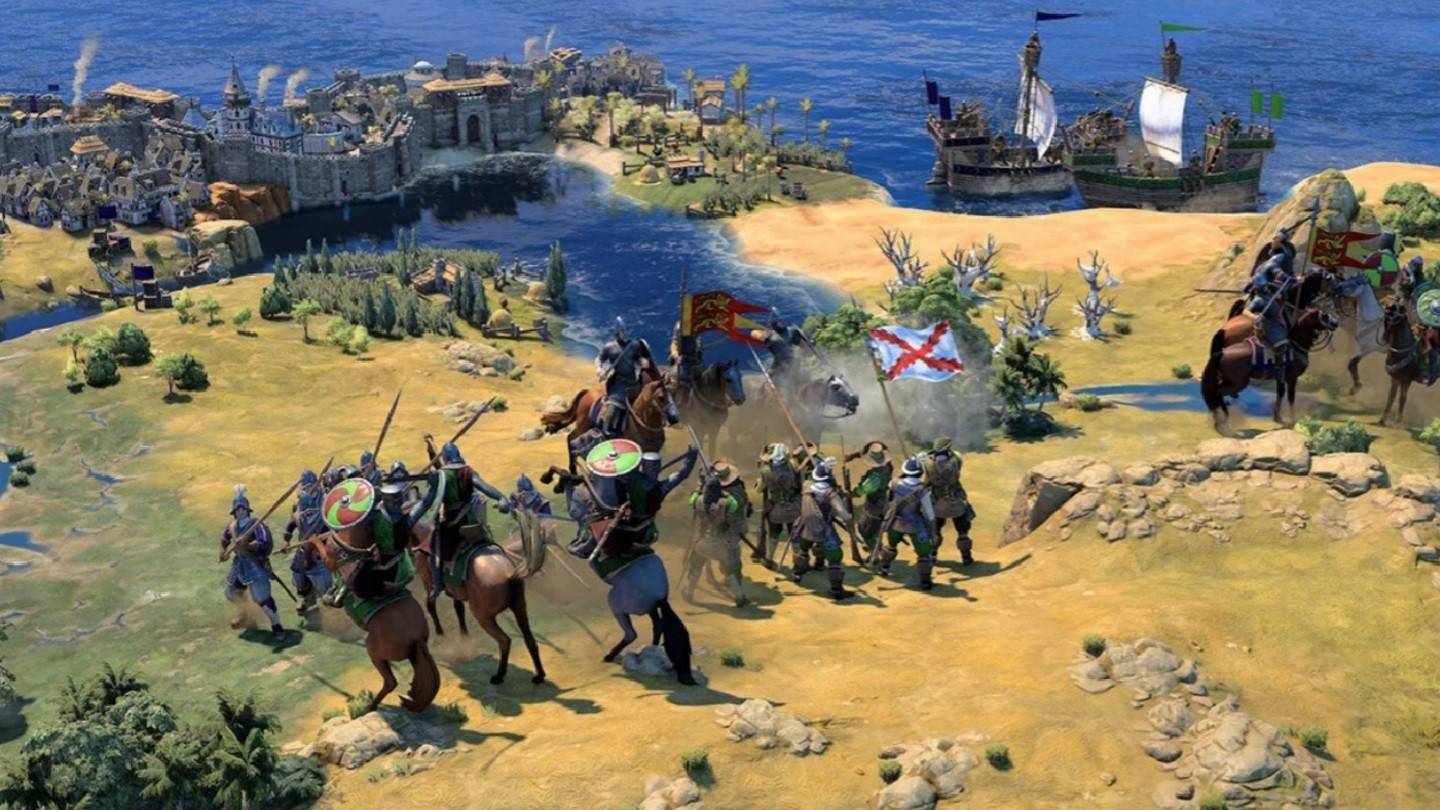
Sid Meier's Civilization VII initially faced criticism due to substantial gameplay alterations showcased in early demonstrations. However, final journalist previews suggest these changes are both significant and satisfying for strategy game enthusiasts.
Civilization VII revolutionizes the established gameplay by integrating numerous mechanics. For instance, leader selection now incorporates a system rewarding frequently chosen rulers with unique bonuses. The inclusion of distinct eras, such as Antiquity and Modernity, fosters self-contained gameplay experiences within each period.
Key Features:
- Introduction of several groundbreaking mechanics. Separately selecting leaders and civilizations adds strategic depth.
- Three distinct eras are available: Antiquity, Medieval, and Modern. Transitioning between eras resembles starting a new game.
- Dynamic civilization shifts are readily achievable, enhancing gameplay flexibility.
- The elimination of laborers streamlines city expansion.
- Leaders boast unique perks unlocked through repeated play.
- Diplomacy functions as a valuable resource. Influence points facilitate treaty creation, alliance formation, and the denouncement of opposing leaders.
- AI performance remains subpar, prompting recommendations for cooperative gameplay.
- Civilization VII is widely considered the most daring attempt to modernize the classic formula.









